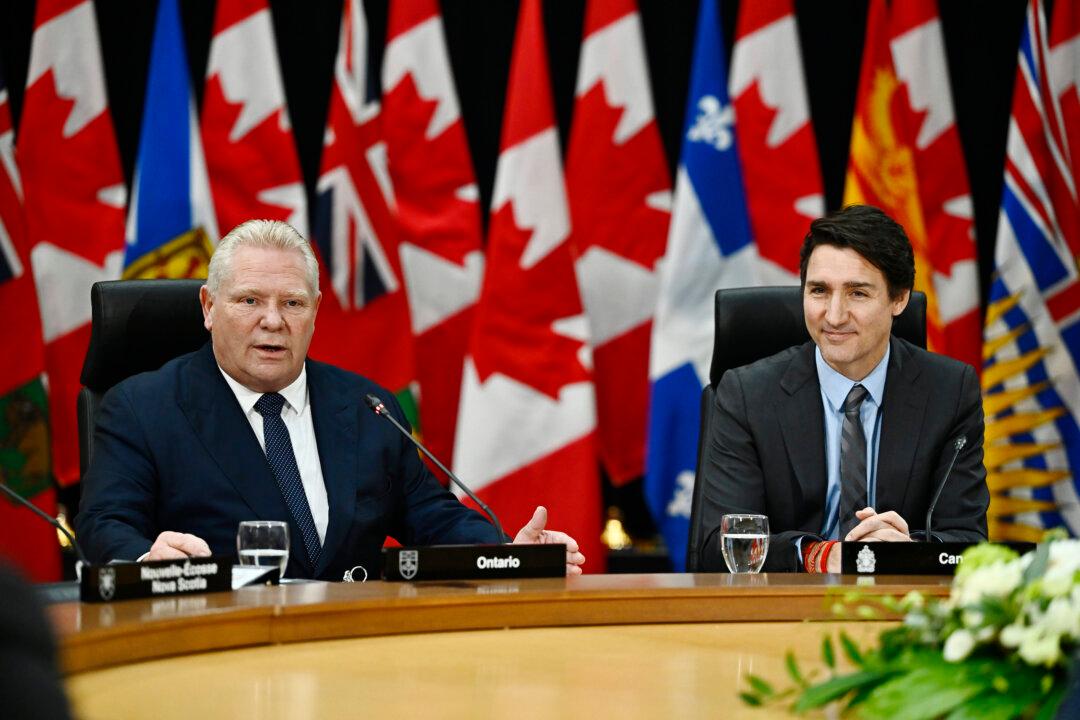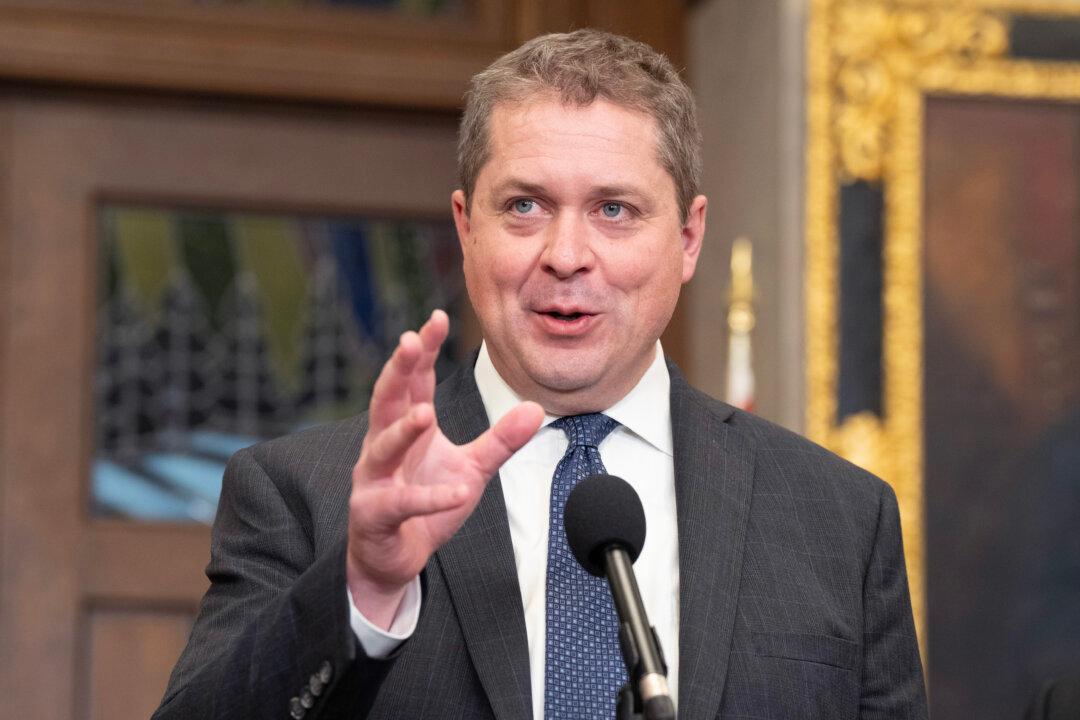Prime Minister Justin Trudeau and premiers say governments would provide support for industries and businesses negatively impacted by U.S. tariffs. The first ministers also issued a joint statement that mentioned potential retaliatory measures, while Alberta refused to sign on, saying it doesn’t want energy exports to be cut.
“We know that in any response we give, some industries or some sectors might be more exposed or more affected than others,” Trudeau said at a press conference following a meeting with Canada’s premiers on Jan. 15.





